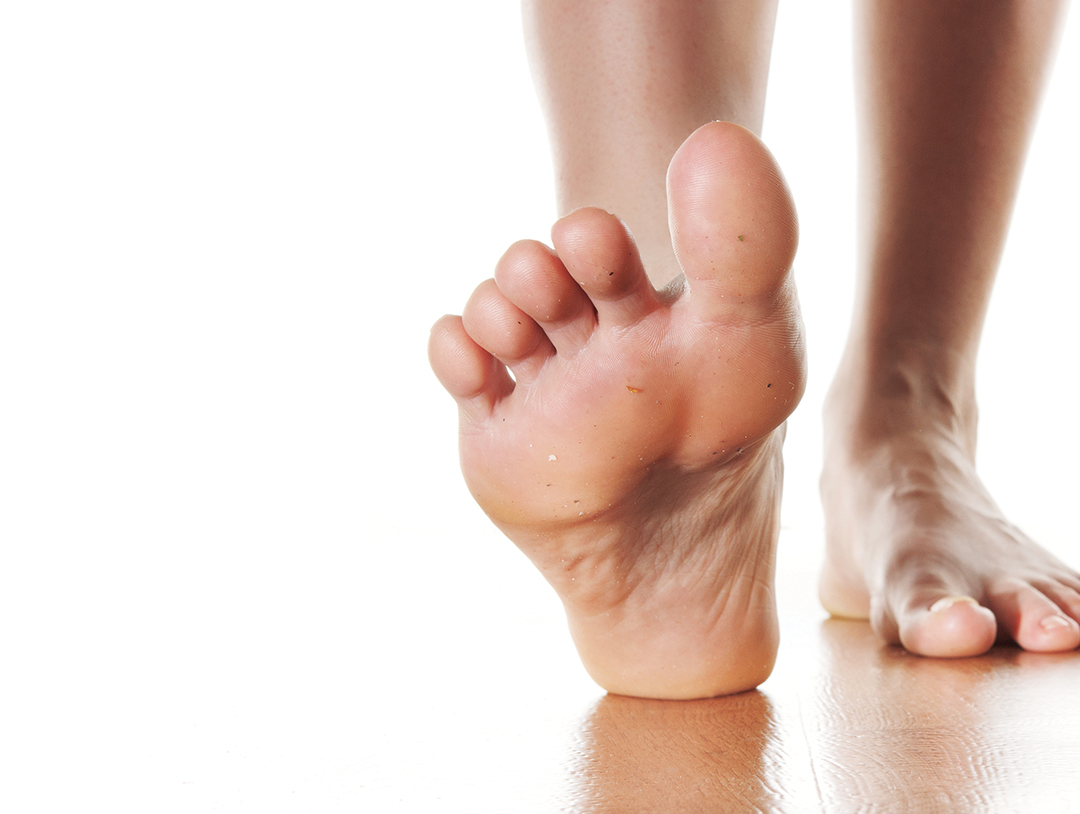
Health News
Features
-
Feet First
AdventHealth’s Dr. Narmo Ortiz Sheds Light on Foot and Heel Pain by TERESA SCIHFFER Oh, my aching feet! We’ve all had those days when our dogs are just a-barkin’ and it seems like no matter what we do or how we move, our feet are just crying out for a little TLC. How do you…
-
Courageous Voyage
Lakeland Man’s Journey Through Sickness and Transplant to Second Chance by MATT NORMAN, RN Heart health is something that we don’t often think about. Especially when we’re young. For Lakeland resident DeWayne Wilson, this all changed in 1999 when he received a life-changing diagnosis. That moment started him on a journey towards something bigger than…
-
Good for the Heart
Heart Walk Participants Explain Why Event Is So Rewarding by TERESA SCHIFFER According to the Centers for Disease Control and Prevention (CDC), heart disease is the leading cause of death for men, women, and people of most ethnic and racial groups in the U.S., being responsible for one out of every four deaths, or approximately…
Columns
-
Seborrheic Dermatitis: A Complicated Name for a Common Condition
Seborrheic dermatitis is a common skin condition that causes red, scaly, itchy patches of skin on the scalp and other areas of the body. According to the National Library of Medicine, about 3 to 10 people out of 100 are affected by this chronic condition. It’s more common in men than in women, and it…
-
For Brighter Skin, Choose Microdermabrasion
Looking for more youthful, fresh, glowing skin? If you don’t have time to let your face recover from a more invasive procedure but still want a more even skin tone and revitalization, then microdermabrasion might be the treatment for you.
-
How Are AV Fistulas and Grafts Formed?
Last month, I talked about why a patient might need to undergo arteriovenous fistula surgery. This month, let’s take a look at how AV fistulas and grafts are formed.




